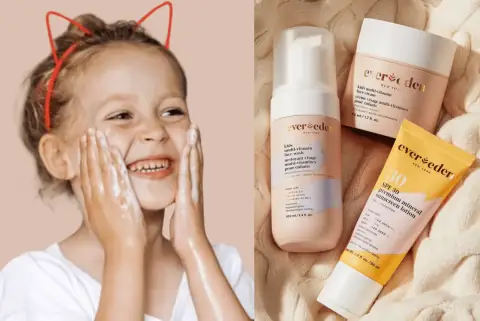
We'd all like to have glowing, healthy skin, but few of us know the secret to do so. How each of us goes about trying to achieve healthy, radiant skin is different. Some people just seem to be born with it, but for others, it's a lot more of a struggle.
No matter how many times we change our routine or purchase a new product, we still don't have the ideal skin we've always wanted. We bring you what you should and should not be doing in terms of skincare, whether you have it easy or are juggling between a number of different products.
Do’s:
Take In More Fluids
Many health issues have simple, natural remedies, and water is one of them. The water in your sink could be the cure-all for your acne-prone skin. In order to keep your skin, the largest organ in the human body, healthy, you must drink plenty of water. In order to achieve this goal, it is recommended that you consume large quantities of water. At least eight glasses of water per day are recommended. The elimination of waste products and dead skin cells contributes to overall health and a glowing complexion.
It's Essential That You Exfoliate
Of course, proper exfoliation is essential for keeping the skin healthy and glowing. In addition to hydration, regular exfoliation helps remove dead skin cells from the skin's pores, making room for the skin to absorb nutrients. Prepare for any skin type by always having alcohol-free skincare products on hand.
Benefits of Eating Well
We can't deny our occasional cravings for savory fast food, but does this habit actually improve our skin's health? In a word, no. The way your skin looks is a direct reflection of the food you eat. Choose healthy foods over junk food and only then can you call it skincare.
Alcohol is bad for your skin and body even if you drink it. If you want to limit your alcohol consumption even further, you can use skin care products that are alcohol-free. In addition, feed your body and skin vitamin A, C, E, and antioxidant-rich foods.
Don’ts:
Pick At Your Skin
The temptation to touch a bump or acne on our face is strong. This is a common sensation, but it's bad for our skin and should be avoided. To put it plainly, try to limit the number of times you touch your face and body. To begin with, the bacteria and dirt on your hands can clog your pores and harm your skin cells.
As the bacterium continues to multiply, it will eventually spread to the skin's surface, where it will begin to produce visible symptoms like acne, inflammation, hyperpigmentation, and other problems. You shouldn't pick at your skin or touch it.
Put Away The Moisturiser Because You Have Oily Skin
Obviously, that's not the case. Applying a moisturizer that works for you is the key to keeping even oily skin hydrated. Failure to do so increases the likelihood that your body will produce excess oil, and a lack of moisture can lead to dry, unhealthy skin.



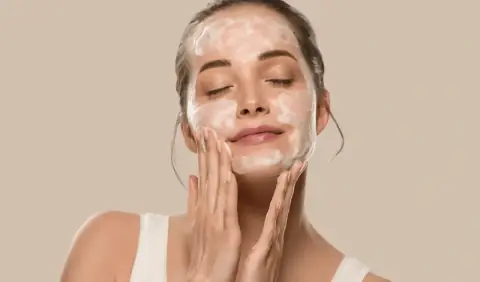
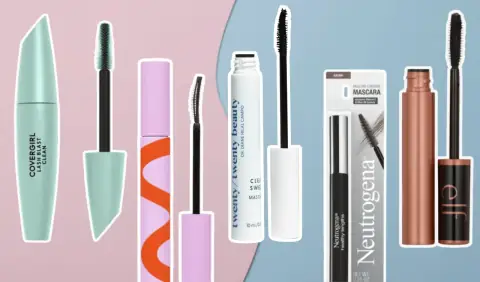
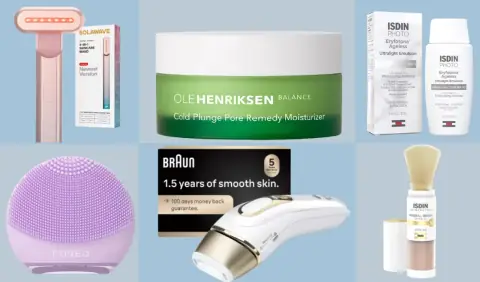
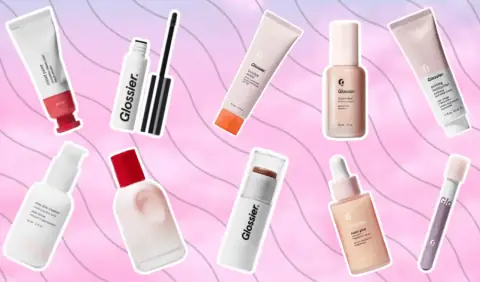
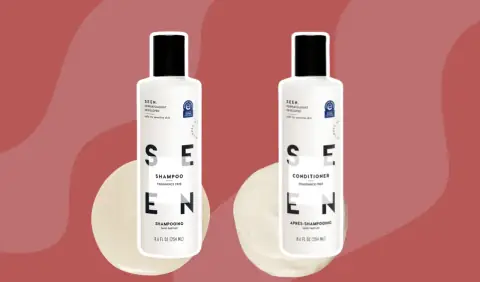

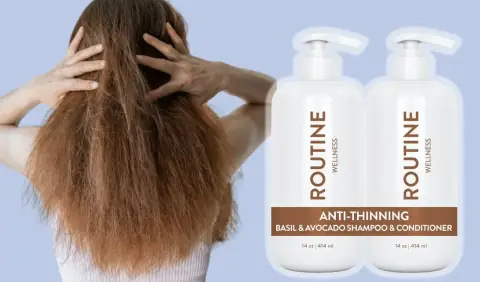
 (1).sm.webp)
